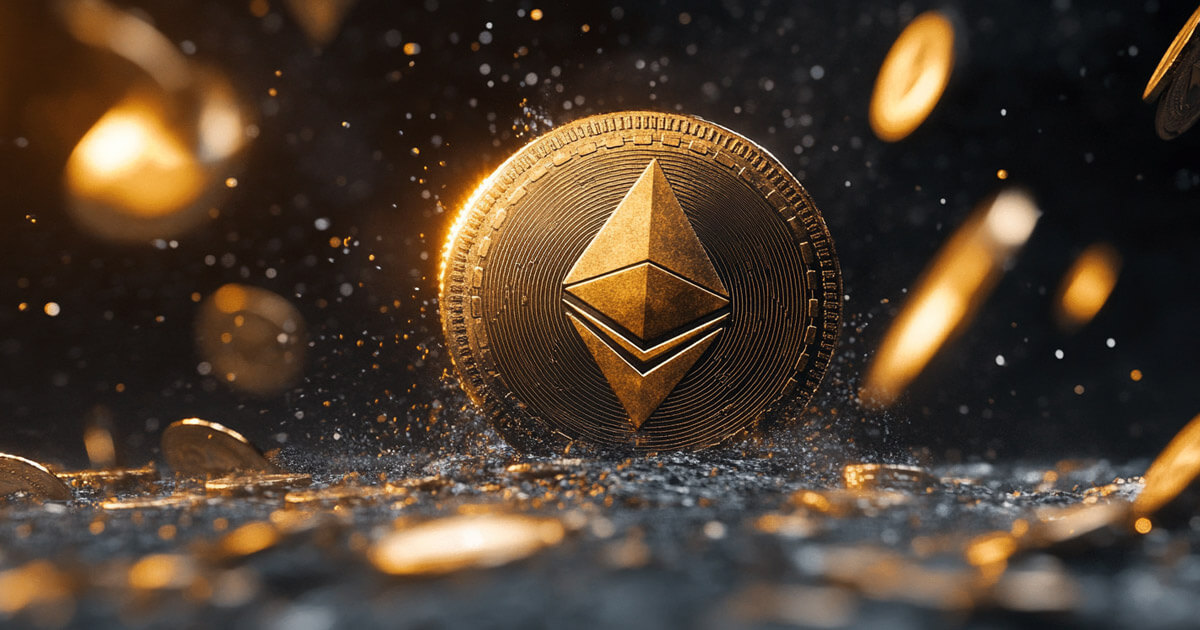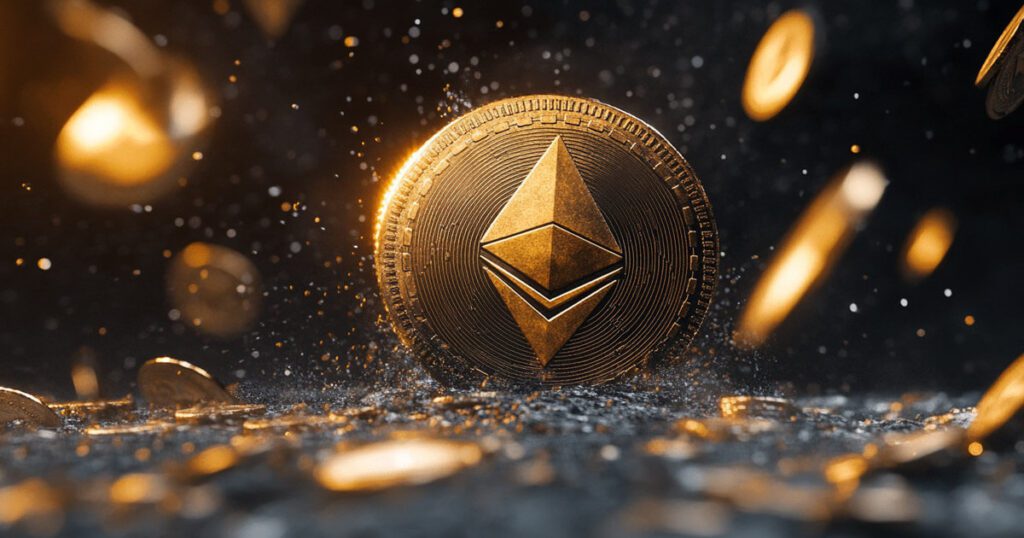
Vitalik Buterin said that the A series of critical developments in the Ethereum (ETH) ecosystem in recent months have made the network’s fundamentals “extremely strong.”
Buterin made this statement in response to cclaims that Ethereum has “weakened significantly” during this market cycle, countering the narrative by citing a series of recent advancements and achievements within the ecosystem.
Solid fundamentals
Buterin began by highlighting the significant reduction in transaction fees on Layer 2 (L2) solutions, which now average below $0.01. He argued that this has made Ethereum more accessible and profitable for users, a key factor in keeping the network competitive.
In chain data shows that Ethereum L2 Arbitrum fees have dropped from over $0.50 in March to a range of $0.01 to $0.004 since mid-April.
At the same time, the number of daily transactions has regularly exceeded one million, which excludes the possibility of a reduction in fees due to lack of activity. Similar movements can be observed when analyzing other Ethereum L2s, such as Linea, Starknet, and zkSync Era.
Buterin attributed this change in fee prices to the implementation of EIP-4844 and the introduction of dedicated block spaces – called “blobs” – for data sent from L2 blockchains on March 13.
He also highlighted the progress made by Optimism and Arbitrum, both of which have reached significant milestones in their development, which he referred to as “Phase 1.” Buterin said these platforms are critical to Ethereum’s scalability strategy, offering faster and cheaper transactions while maintaining the security and decentralization of the Ethereum mainnet.
Improve technology
In addition to these technological advancements, Buterin highlighted improvements to the user experience for cross-L2 wallets, which now require less manual intervention when switching networks. This improvement simplifies interactions within the Ethereum ecosystem, making it more user-friendly.
Buterin also highlighted the growing maturity of Zero-Knowledge (ZK) technology, which has become more powerful and accessible for decentralized application (dApp) developers.
He added that the evolution of ZK tools, as well as the emergence of second-generation privacy solutions like 0xbow.io, demonstrate Ethereum’s continued innovation in privacy and security.
Buterin said that Ethereum’s expanding identity, reputation, and credentials ecosystem, which is seeing increasing adoption and practical use, will be another key driver of adoption. He also highlighted significant progress in the development of Scalable Transparent Argument of Knowledge (STARK), which is critical to Ethereum’s long-term security and decentralization goals.




